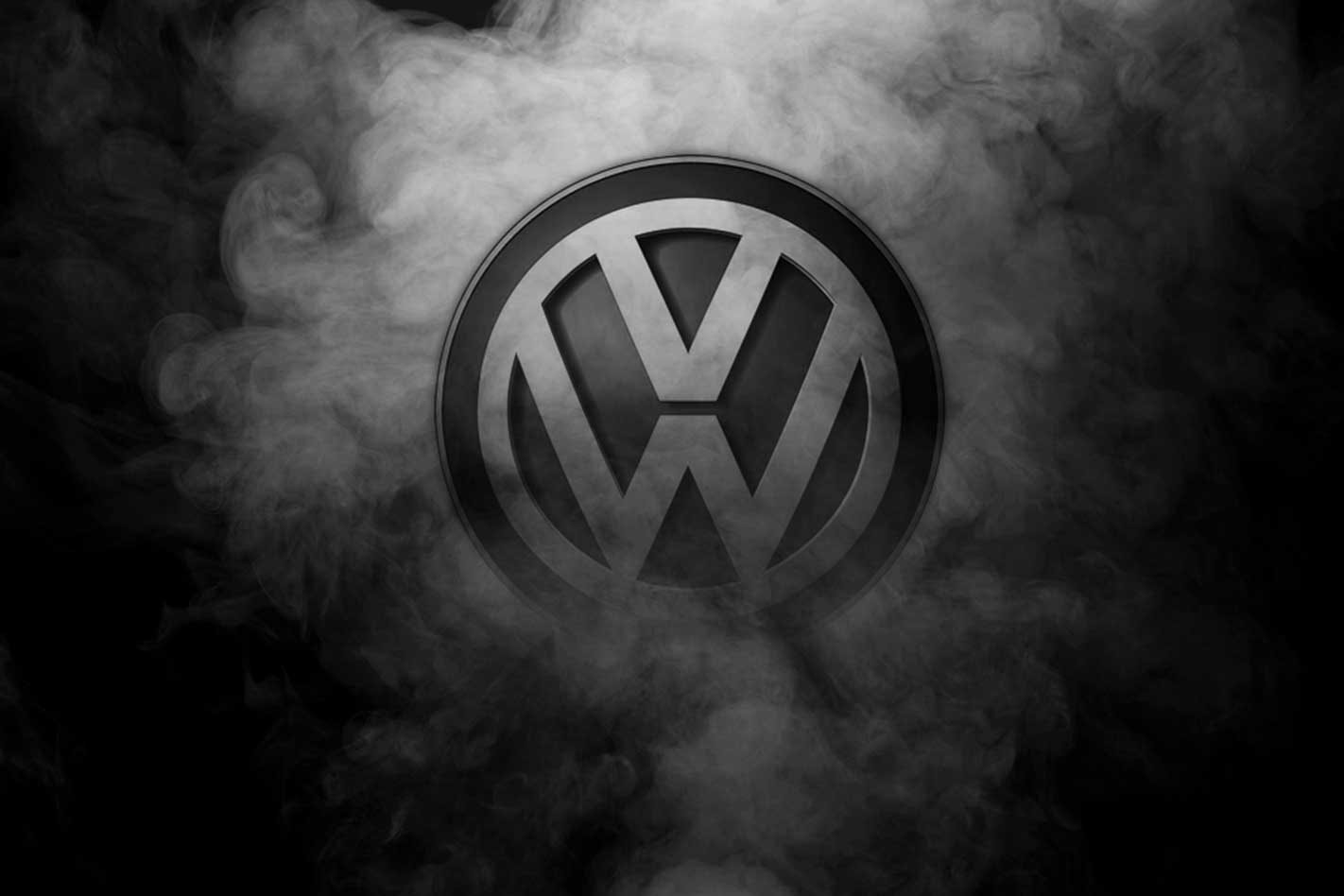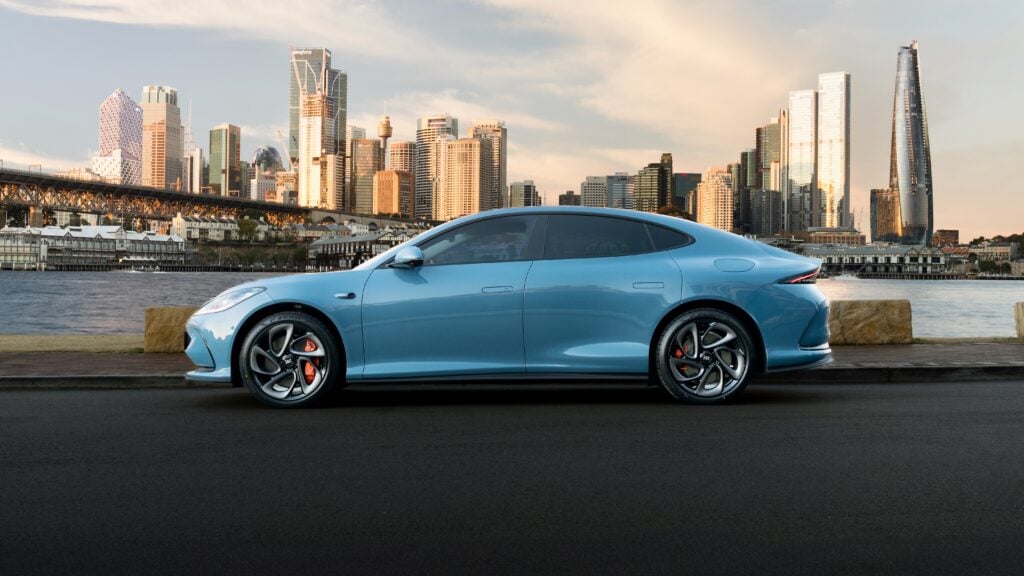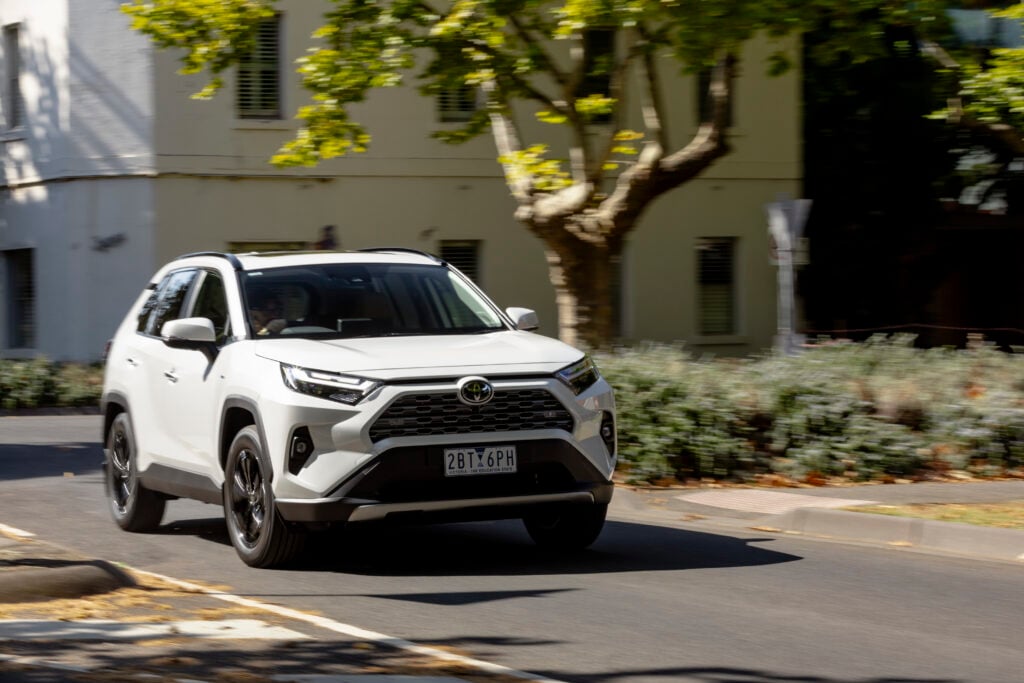
The Volkswagen Group is one of the biggest collections of marques on Earth. As such, it has a duty to protect the planet – or reduce harm as far as fossil-fuel burning cars can – and it claimed to have met strict emissions standards for diesel engines, passing some particularly stringent tests in 2008, without having to use either ‘band-aid’ measures (systems to clean exhaust gases before they come out of the tailpipe) or sacrifice power and engine capacity as other manufacturers had.
But as it turns out, in one of its engines, this was a furphy.
For seven years, VW has lied about its 2.0-litre TDI engine meeting emissions standards. That lie could cost VW around US$18billion, not to mention the damage to its reputation, stock value and future sales. More than 11 million diesel cars worldwide – from VW and some of the group’s other brands, Audi and possibly Skoda – are affected.
HOW IT WENT DOWN
Stricter emissions testing came in circa 2008, significantly reducing the amount of pollution the tailpipe can let out into the atmosphere. These Euro V standards, which aimed to reduce emissions of nitrogen oxide (NOx), particulate matter, carbon monoxide and hydrocarbons, forced vehicle manufacturers to invest millions in R&D to bring their vehicles up to standard. In the case of diesels, many resorted to an additive called AdBlue, a urea solution that’s sprayed automatically into the exhaust to process and reduce NOx emissions.
While some of Volkswagen’s TDI-engined vehicles do use AdBlue to meet emissions standards, particularly since the introduction of even stricter Euro VI standards, many do not. VW claimed it didn’t need it for its 2.0-litre TDI diesel engine (codename Type EA 189 EU5), which is in models such as the Golf, Jetta, Passat, Beetle and Audi A3. But apparently, it actually did.
Rather than go through the rigours of bolting on an AdBlue system, particulate filters, or other exhaust-cleaning extras to its vehicles, the company cheated on the tests. It did this through a clever piece of software that could identify when a car was being tested in a lab on a rolling road, and reduce exhaust emissions so it looked like the car met requirements. This was done from the introduction of the 2008 standards and no-one discovered it for five years.
In 2013, the US-based International Council on Clean Transportation independently tested the cars, commissioning researchers at the University of West Virginia to put a 2012 VW Jetta and a 2013 VW Passat up against a BMW X5 in real-world conditions as well as in the laboratory. While the BMW met all the standards, the VWs exceeded the cap by as much as 35 times on the real road sections.
By early 2014, the California Air Resources Board (CARB) and the Environmental Protection Agency (EPA) had put the findings to VW, which claimed the findings were false or incorrect.
CARB and the EPA kept pushing and testing – and they eventually found the software patch. It turns out that there is a set of steering, throttle, timing and pressure triggers that are only ever displayed during an emissions test on a rolling road (or dyno) – the patch kicks into gear when all the boxes are ticked, allowing the car to fudge emissions test results. Of course, it doesn’t activate in real-world driving.
THE FALLOUT
The effects have already been monumental. VW’s CEO has resigned, other big heads have rolled, and the carmaker has promised a whopping €6.5bn to rectify the emissions issue, or at least to retrofit the right equipment to make it so. This comes on top of the possible US$18million in fines and any civil cases brought against it for its misleading product.
WHAT DOES IT ALL MEAN FOR OWNERS HERE IN OZ?
The cars with falsified emissions that VW has admitted to are in the USA; there is still no word on whether the software patch was installed in Australian vehicles. If you have one of the cars in question, you could contact your dealer and try to garner some information – but don’t expect any answers just yet.
NOT SURE IF YOU HAVE THE TYPE EA 189?
Check the index pages of your vehicle handbook for your engine information. Newer cars with the EU6 engine are apparently not affected, though their certificate of roadworthiness has also been withheld in the US while the case is investigated, essentially putting a halt to sales of the 2.0-litre cars across the country.
Basically, if our VWs do contain the patch, we can expect our solutions to mirror that of the US. There will likely be mass recall proceedings to bring the cars into line with current standards by retrofitting equipment and installing software at the dealership.
WhichCar will post an update when local information comes to hand – stay tuned.



